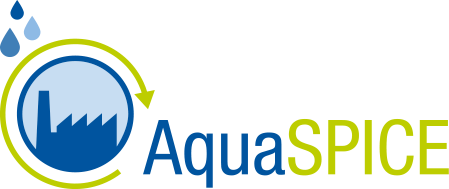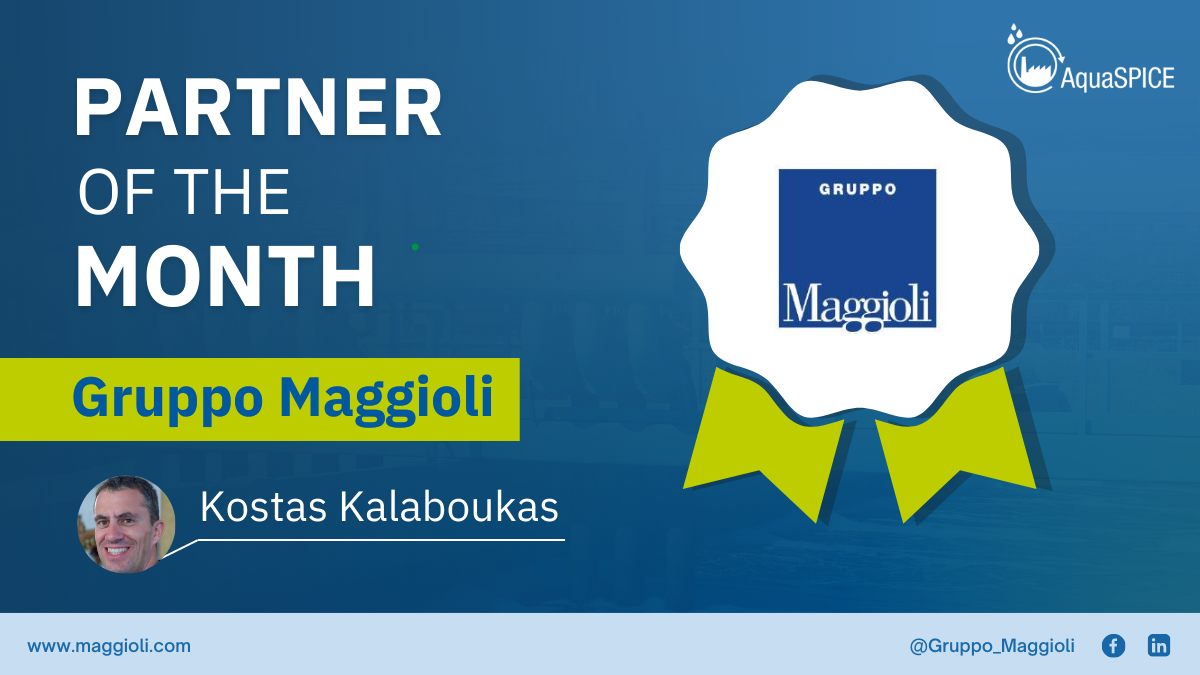Can you tell us about your role in the AquaSPICE project?
Maggioli SpA is one of the biggest ICT companies in Italy with presence in Greece, Spanish, Belgium and Colombia. The company offers a portfolio of tools serving municipalities, police, water utilities, industry and other sectors.
In AquaSpice, Maggioli will coordinate the activities to deliver the WaterCPS platform. The company will bring its integration expertise (from other research projects and commercial activities), deploying also its platform for modelling all industrial assets and processes as Digital Twins.
In the WaterCPS platform we will integrate real-time collection, analytics and optimization services (developed by other technological partners) at each Digital Twin level and deploy them according to the needs and particularities of each pilot.
What do you consider as important water management challenges in the industrial sector?
One of the main challenges in the water management sector is the ability to have real-time monitoring and detection of events that may harm the whole process operation.
In the process industry early detection of anomalies is of high importance. During the discussions we have with the project pilots we found cases where the quality of wasted water affects the process of its treatment. Therefore, monitoring the quality characteristics of the wasted water from the early phases within trend detection services will enable decision makers to find optimal interventions for water treatment (at which units should I interfere and also how to interfere and make the water quality).
What do you think are the main benefits the project brings forward and in which areas are you expecting AquaSPICE to have an impact?
A particularity in the process industry is that there is no clear evidence on where exactly an out of specs behavior is happening. The continuous-flow nature of process industry makes such anomalies detection hard to identify when it started and to find an optimal scenario.
Digital Twins can play an important role here. By collecting information about the behaviour of system, a process or the factory as a whole, the WaterCPS platform will be able to simulate it in the future, predict impact and assess optimization scenarios (what-if analysis). This will happen at the digital world and without interfering to the actual process. Only when a scenario is agreed by the decision makers then the system will be able to trigger the necessary process control points and finally interact with the physical world (the operation as such).
Last, an important aspect of WaterCPS is that it is a solution that can be replicated in other cases and integrated with existing back-end solutions. This means that it does not substitute existing IT infrastructure; rather complements it with new functionalities.

